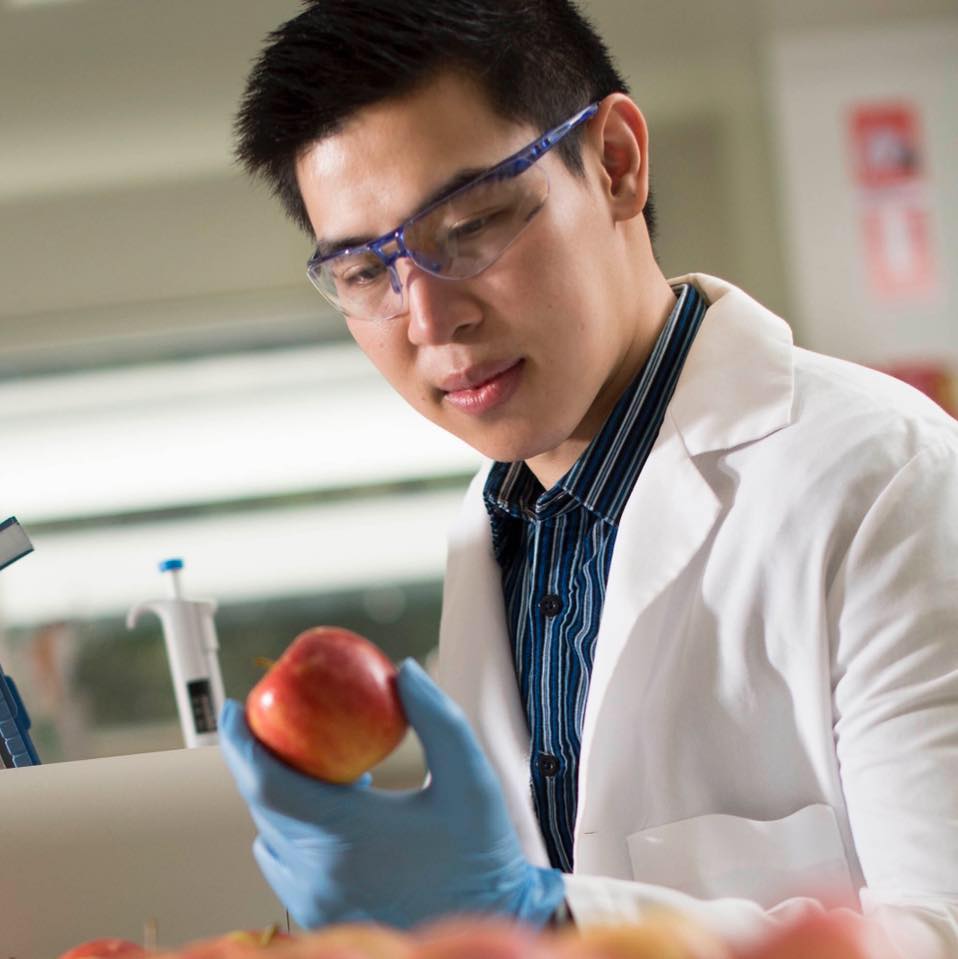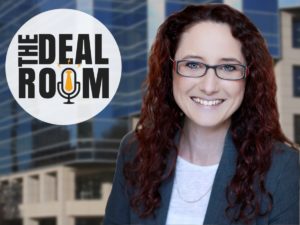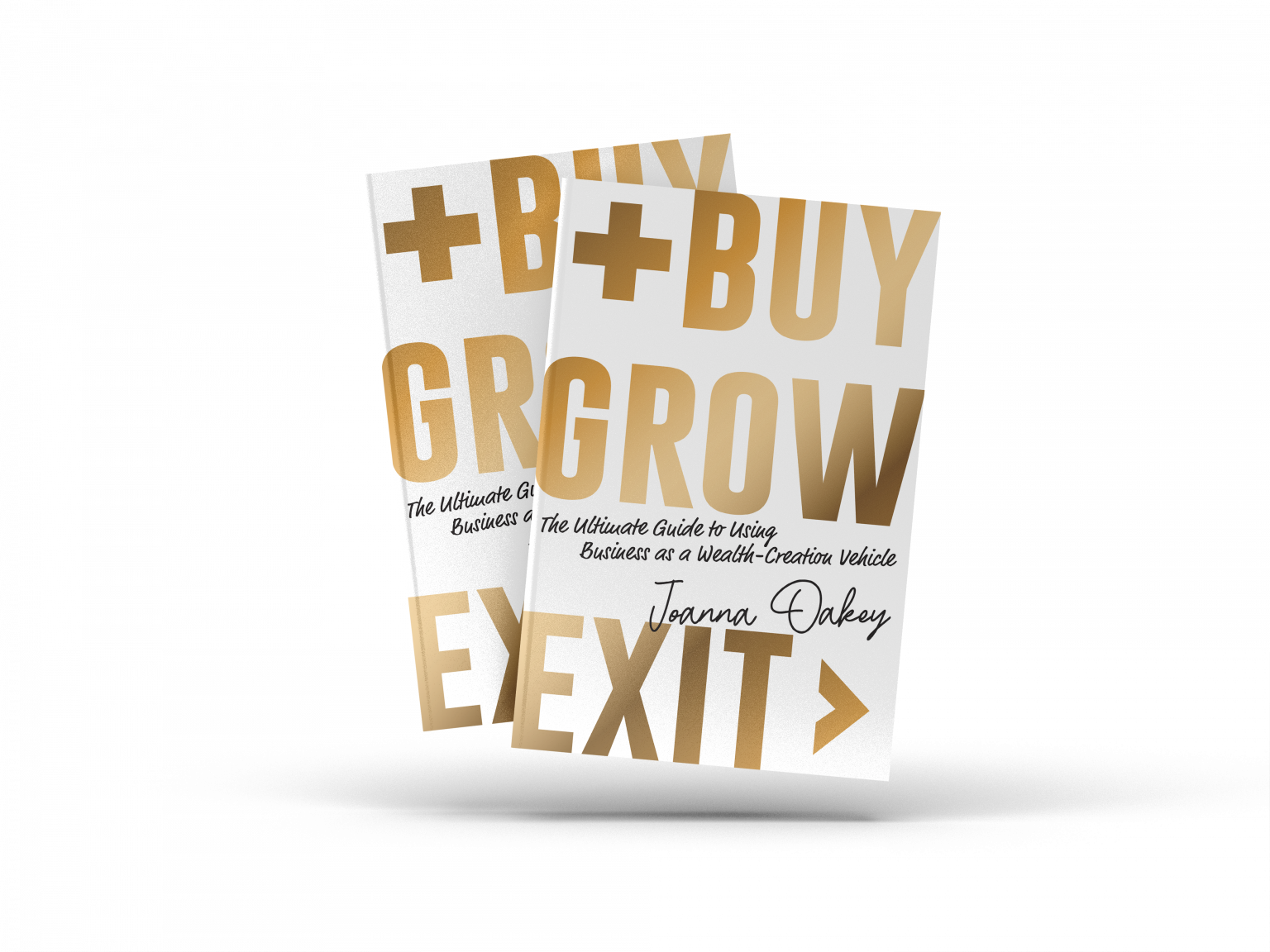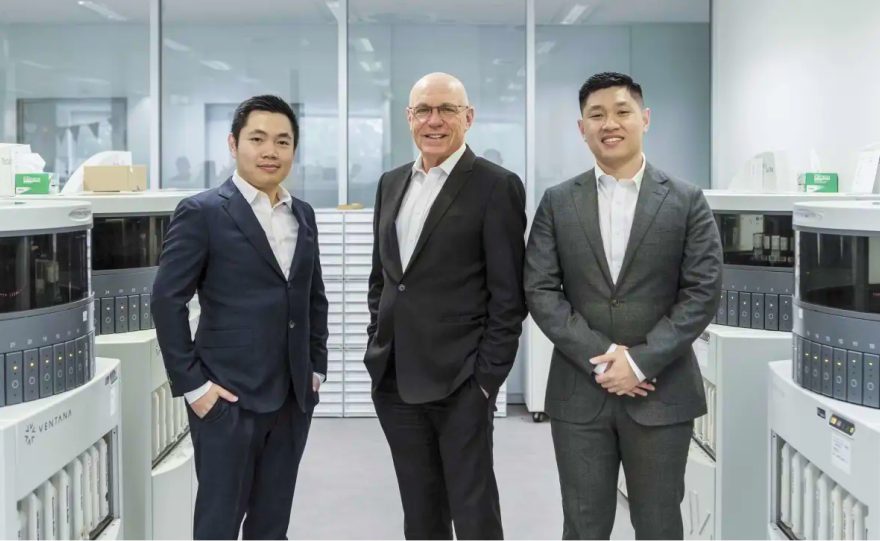When a telco becomes your Mate
By Leon Gettler, Talking Business >>
MATE, an independently owned, Sydney based challenger telco provider is taking on the big players in the industry through great customer service and exceptional value for their customers.
It is a family business run by two brothers, David and Mark Fazio, that was rolled out at the same time as the NBN was introduced and telcos were still using ADSL. It was the one of the first telcos to offer unlimited NBN broadband and deliver NBN broadband and better service for consumers in a market where it wasn’t being pushed.
Mark Fazio said the gap that Mate is offering now in the market is its simple ‘no frills’ approach.
“What we’re doing is simple things. It’s not rocket science. We are simplifying the process to get people connected,” Mr Fazio told Talking Business.
“Everybody needs mobile and internet, everybody needs NBN, but the NBN offers a very convoluted process to get connected. There’s multiple technologies, there’s multiple hardware variables that you have to think of in your home. 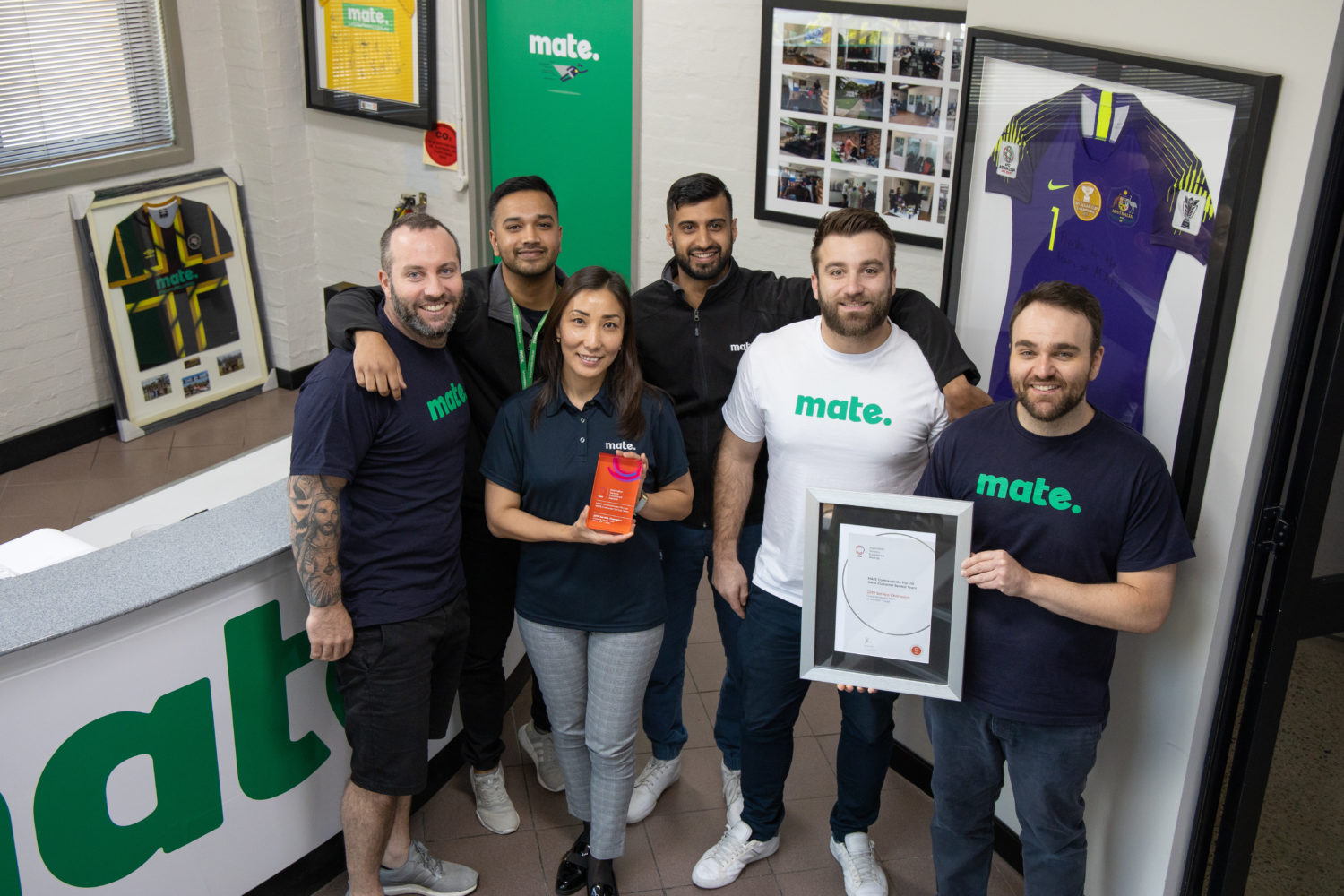
“For the everyday person, that can get very convoluted and complicated and the difference we offer is a very no-frills approach to simplifying what you need to get connected.”
Mate offers unlimited NBN from $59 a month but when it is bundled with mobile, it is reduced to $49 a month.
Call centre based in Australia
Mate has its call centre in Australia, “not in the Philippines or India” Mr Fazio said.
“What really proved that model right was during the COVID period,” Mr Fazio said. “If you look during the COVID period, a lot of our competitors weren’t even answering the phone because a lot of their call centres were based in the Philippines or India. And obviously the breakout of COVID meant they couldn’t accelerate people working from home as quickly as we could here.
“The reason why I think COVID is the important thing to happen to our business is it allowed us to show off what we do and how we do it better than anybody else. It allowed Australian consumers to see what we do and how we can make their lives easier. Our job is simply to get people connected and keep them connected.”
Mr Fazio said Mate has a policy of no contracts for customers.
“We’ve always had no contract services. We don’t believe in contracts, there are no contracts between mates,” he said. “That’s what our brand is all about. Our brand is all about mateship and how to be your best mate for your internet and mobile service. Offering contracts doesn’t allow us to be mates.”
He said Mate had developed a culture for its workforce. The other distinctive features of Mate were its simplified systems, its open access to customers and having an Australian based call centre.
Home-grown company
As part of its culture, the family business started in the back yard of the Fazio brothers’ aunt’s home.
“We grew it to about 30,000 customers in my auntie’s back yard,” Mr Fazio said.
“We hired about 15 cousins and family members. We’re Italians so there’s a lot of us and there are a lot of resources to call upon.
“We’ve kept true to the original culture which is it’s a family run and owned business, and that started from mates getting together,” he said.
“If you look at our business today, the one thing that was unique about our business was when we were in my auntie’s back yard, is that she would cook every day for us
“Now we’re in a big corporate office in Western Sydney and my auntie is still cooking for everybody every day.”
Hear the complete interview and catch up with other topical business news on Leon Gettler’s Talking Business podcast, released every Friday at www.acast.com/talkingbusiness.
https://play.acast.com/s/talkingbusiness/talking-business-12-interview-with-mark-fazio-from-mate
ends

 How to resolve AdBlock issue?
How to resolve AdBlock issue? 